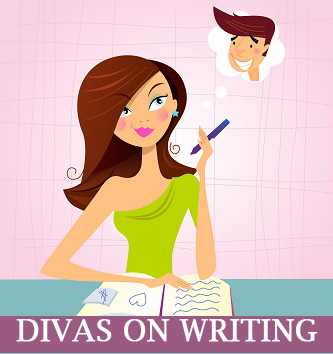
#WriteTip Don’t Use Five-Dollar Words #writers #writing #amwriting
 Don’t Use Five-Dollar Words
Don’t Use Five-Dollar Words
By Jen Matera . Reposted with permission from Write Divas
Mark Twain is credited with saying a lot of things. Some will argue that not everything attributed to him actually originated with him, but he’s one of my go-to guys for helpful quotes. There’s actually one over my desk that reads:
“Keep away from people who try to belittle your ambitions. Small people always do that, but the really great make you feel that you, too, can become great.” – Mark Twain
It’s there to remind me to listen to the good people in my life and ignore the rest.
Something else Mark Twain said rings true to me as a writer and especially as an editor:
“Don’t use a five-dollar word when a fifty-cent word will do.”
What exactly does that mean? Well, simply put: Don’t use fancy words when simple ones will do.
But is anything about writing ever really that simple? Of course it’s not. So what’s my take on what Twain is trying to say?
Choose your words to fit your setting, your character, and your genre.
You wouldn’t say, “I helped her ambulate across the street,” in everyday dialogue, but in a medical mystery, perhaps, a doctor’s character might very well say, “That is part of her therapy as she learns to ambulate independently once again.”
Fancy words can sound pretentious when taken out of context.
Or even when in context, truthfully. If you want the character to sound snooty, then play it up and add a few more. But if your character is a normal guy or girl, adding in a five-dollar word that seventy-five percent of your readers may have to look up—and I took a very official poll to check that percentage!—can make the word and the sentence stand out like a sore thumb in your story. Not to mention the fact that it pulled the reader away from your story for a moment… something you really want to stay away from at all costs.
Sometimes that five-dollar word doesn’t quite convey the same meaning as the everyday term.
Similar terms can carry different connotations. For example, the word dishonest is pretty simple—the opposite of honest. But if one were to use the thesaurus, one might stumble upon the word corrupt. They sound similar, but corrupt carries a much more depraved, evil connotation than dishonest. And here I’m not implying that corrupt is a five-dollar word, just showing how similar words can have different connotations.
Find the right place and time for your five-dollar words.
I’m a math nerd, and I love the word exponentially (and yes, I know it’s an adverb and I’m supposed to be reducing them). So I was thrilled when I found a way to incorporate the word into my writing without it sticking out awkwardly or drawing the reader away from the story. I went with some humor and had one character use it improperly, which left the door wide up open for my heroine to save the day and use the word properly for her friend without sounding like too much of a math geek. And once again, exponentially is not a five-dollar word, per se… maybe a two-dollar word. But the point is to find a way to make your word work.
And if you can’t find a way to make that five-dollar word work, use the fifty-cent word instead. I think that was the point Mark Twain was trying to make.
Happy writing!